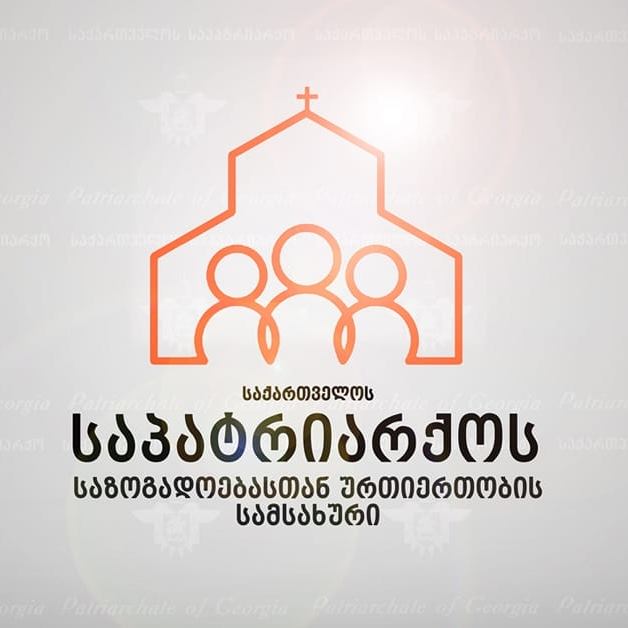
Georgian Orthodox Church Denounces Halloween as Inconsistent with Orthodox Beliefs

Public Relations Service of the Patriarchate of Georgia
Public Relations Service of the Patriarchate of Georgia – OCP News Service – 29/10/2023
Tbilisi -Georgia: The Georgian Orthodox Church has released a statement expressing its disapproval of Halloween, citing its incompatibility with Orthodox Christian values and history. The statement highlights various aspects of Halloween and its origins, emphasizing the church’s concerns about the event’s religious connections and its opposition to Orthodox consciousness.
Key points from the Georgian Orthodox Church’s statement on Halloween include:
- Differing Stories: Halloween is associated with various historical narratives, but the central story reveals how sacred traditions have been integrated and overshadowed by alternative practices.
- Irish Origins: Many link Halloween to the Irish pagan festival “Samaine” and the era of Charlemagne (742? – 814). Charlemagne’s efforts to educate his empire led to the arrival of Irish Orthodox monks and the spread of Irish traditions in intellectual circles across Europe.
- Orthodox Monks and Unorthodox Influences: Alongside the Orthodox monks, individuals with unorthodox beliefs, such as the Pantheist thinker John Scott (Eriugena), were involved.
- Divergent Paths: During the 8th to 9th centuries, practices like “Samaini” from Ireland reached the region, facing opposition from Orthodox Irish monks.
- Eastern Migrants and Western Waves: The influx of customs and beliefs from the West encountered Eastern migrants who practiced icon and saint veneration, fleeing Byzantine persecution.
- Papal Influence: In response to exiled Eastern church leaders, Popes Gregorius II, Gregorius III, and Gregorius IV held meetings in the 8th and 9th centuries. These gatherings affirmed idol worship and established All Saints’ Day on November 1, a date that also contributed to Halloween.
- Reformation and the Birth of Modern Halloween: The Reformation led to the abandonment of saint veneration in Western Christian traditions. However, in the 17th to 19th centuries, particularly in the United States, many modern Halloween traditions began to take shape.
- Religious Roots Remained: Despite efforts by the showbiz industry to secularize Halloween, the Georgian Orthodox Church argues that it still maintains religious origins, albeit with a focus on malevolent figures and forces rather than the veneration of saints.
The Georgian Orthodox Church’s statement asserts that Halloween contradicts Orthodox beliefs, making it an inappropriate event for Orthodox Christians.
Please note that this summary encapsulates the Georgian Orthodox Church’s stance on Halloween but does not reflect the views of all Christian denominations or individuals.
Source:
OCP News Services- patriarchate.ge
